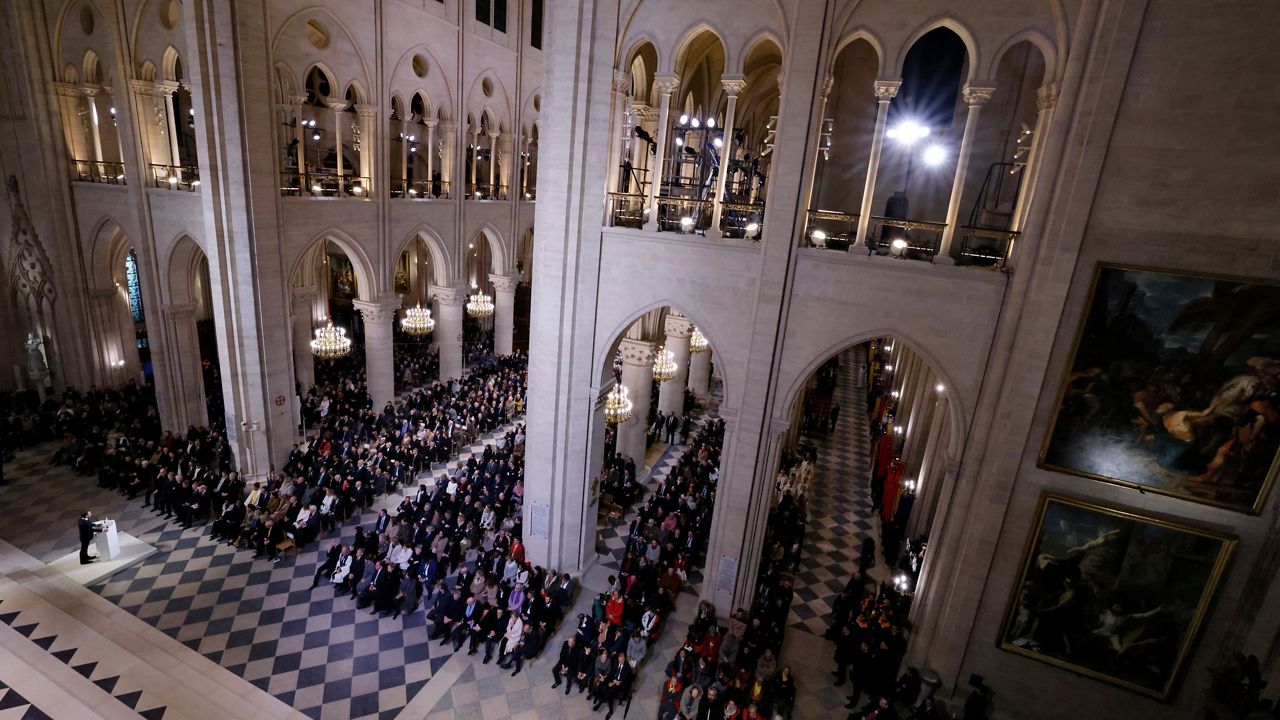According to Merriam-Webster, the earliest use of the word "vacation" comes from the 13th century’s Canterbury’s Tales in the line "whan he had leyser and vacacioun." Granted, it is spelled a little bit differently than today, but its general form is there. And it simply means "to vacate" or "to be empty."
When we think of vacation today, immediately thoughts of soaking up the sun on a beach or visiting the happiest place on earth come to mind.
In the 19th century, however, a vacation, or a holiday as the Europeans call it, was a bit more rustic.
The birth of the American vacation and its modern-day usage can trace its roots not to the coastline, but to the Adirondack Mountains.
With the Civil War over, people were tired, and many of them living in large, hot and polluted cities like New York needed a way out.
In 1869, William H. Murray, a Boston reverend, cracked the code on a little R&R. He published the guidebook, "Adventures in the Wilderness," which detailed the ins and outs on how to escape the concrete jungle to New York state’s north woods. People came in droves.
Beginning in the 1870s, camps and hotels started popping up throughout much of the park to accommodate the thousands of city slickers flooding in.
And if you were rich, that was something else entirely. Why sleep in a tent with black flies or a cramped hotel room when you could have your own palatial mountain lodge? The Vanderbilts were just one of many who had their home away from home in the Adirondacks.
Recently restored, the nearly 130-year-old Great Camp Sagamore still stands on Sagamore Lake, with people visiting daily.
It wasn’t a pleasant experience for everyone though. Trains lines in the late 19th century only went so far. Once you disembarked in Whitehall, Boonville or Lake George, in many cases it was up to the tourist to secure a guide to get them the rest of the way. With those guides at a premium, each summer thousands were stranded with nowhere else to go. Never reaching the mountains, the weary travelers, dubbed Murray’s Fools, were forced to turn around and head home.
By the beginning of the 20th century, as infrastructure grew, the Adirondack Mountains were open for business.
While Murray may not have coined the word "vacation," his best-selling book threw it into the American lexicon for good, forever showing the great lengths will go to for a little peace and quiet.











